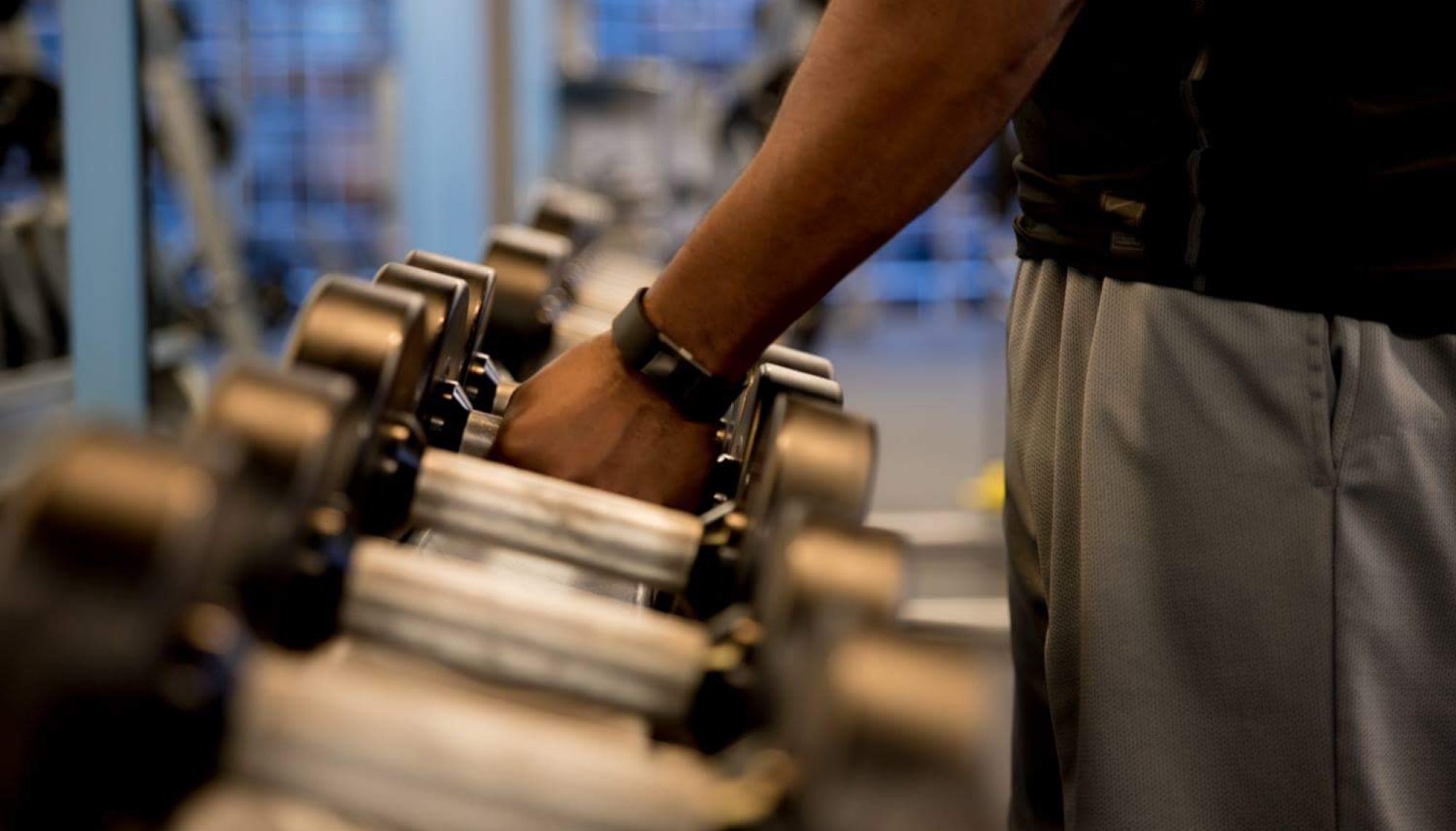The Importance of Controlling Your Weights When Setting Them Down
When engaging in weightlifting or any form of strength training, attention is often placed on the lifting phase of an exercise. However, one aspect that should not be overlooked is the importance of controlling your weights when setting them down. Below are several reasons why control is crucial in this part of your workout routine:
1. Preventing Injuries
Muscle Strain: Abruptly dropping weights can lead to muscle strains due to the sudden release and lack of control. Controlling the descent helps maintain muscle engagement and prevents unexpected stress on your body.
Joint Protection: Controlled lowering of weights protects joints from the jarring impact that can occur when weights are dropped suddenly.
2. Equipment Longevity
Damage Prevention: Dropping weights can cause damage to gym flooring, equipment, and the weights themselves. Controlled placement ensures that your equipment remains in good condition for longer.
Cost Efficiency: Reducing wear and tear on equipment through controlled movements can save costs on repairs and replacements.
3. Maximizing Gains
Eccentric Contraction: The lowering phase is an important part of weightlifting, known as eccentric contraction. This phase can contribute significantly to muscle growth and strength gains.
Full Exercise Benefit: By focusing on both lifting and lowering phases, you ensure that you are gaining the full benefit of the exercise.
4. Safety of Others
Shared Spaces: In a gym setting, dropping weights can pose a risk to others around you. Controlled setting down of weights minimizes the risk of injury to fellow gym-goers.
Noise Reduction: Controlled weight placement reduces noise, creating a more pleasant environment for everyone.
5. Habit Formation
Discipline and Focus: Consistently controlling your weights cultivates discipline and focus in your workout routine, which can translate to other aspects of fitness and life.
In conclusion, controlling your weights when setting them down is an essential practice for safety, effectiveness, and respect for your gym environment. By incorporating this mindful approach into your routine, you contribute to a safe and efficient workout, all while maximizing your gains and minimizing risks.There are several reasons why some individuals might drop their weights instead of setting them down with control:
The other argument: There are several reasons why some individuals might drop their weights instead of setting them down with control:
Fatigue: As muscles tire during a workout, controlling the descent of weights becomes more challenging. Dropping them might be the only option left when control is lost.
Safety Concerns: If a lifter feels they can no longer safely hold the weight, dropping it can prevent injury. This is particularly true for exercises involving heavy weights, where maintaining grip or posture is crucial to avoid accidents.
Gym Culture: In some gym environments, dropping weights is seen as a badge of honor or part of the gym culture. It can signal that someone is lifting heavy and pushing their limits, or it could mean look at me I’m sooooooo damn strong. Personally I’ve never had to drop a weight even when pushing my limit.
Equipment Used: Some weightlifting platforms or bumper plates are designed to withstand weights being dropped. In these settings, dropping weights is not only normalized but expected.
Poor Technique: Beginners or less experienced lifters may not have been taught the proper technique for lowering weights, leading to unnecessary dropping. That’s about 40-50% of the male population.
Adrenaline and Excitement: After a particularly intense lift, the adrenaline rush might cause lifters to drop weights out of sheer excitement or relief. I don’t know if I buy that, but I guess you could rationalize dropping weights because you are so excited about your lift.
While dropping weights can be justified in certain situations, it’s generally recommended that lifters strive to maintain control to minimize risk of injury and equipment damage. Good form and technique should always be prioritized.


